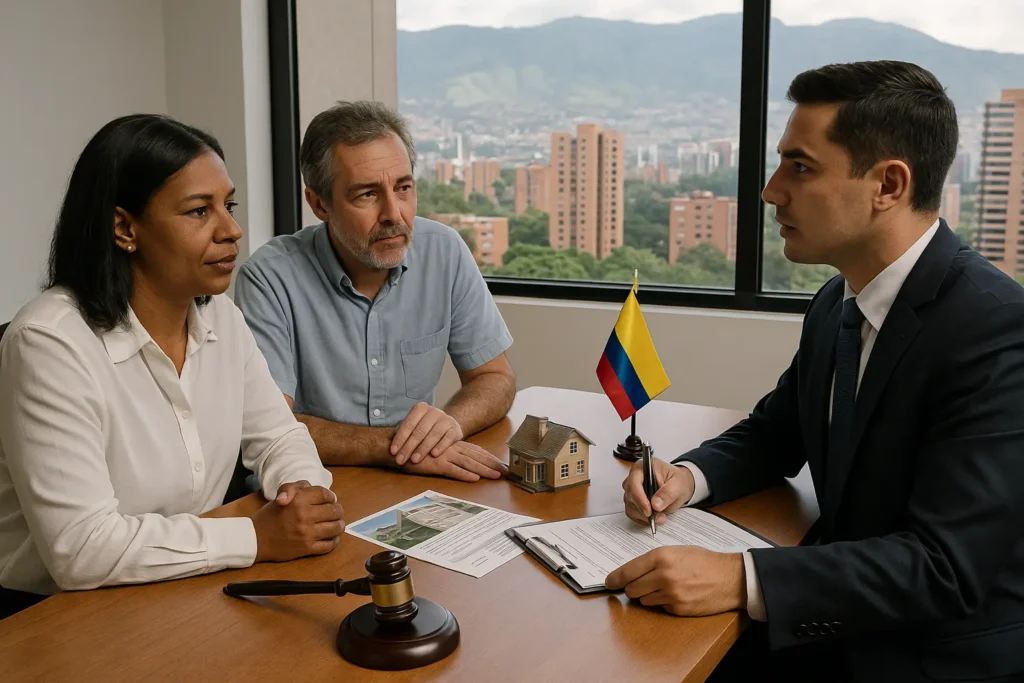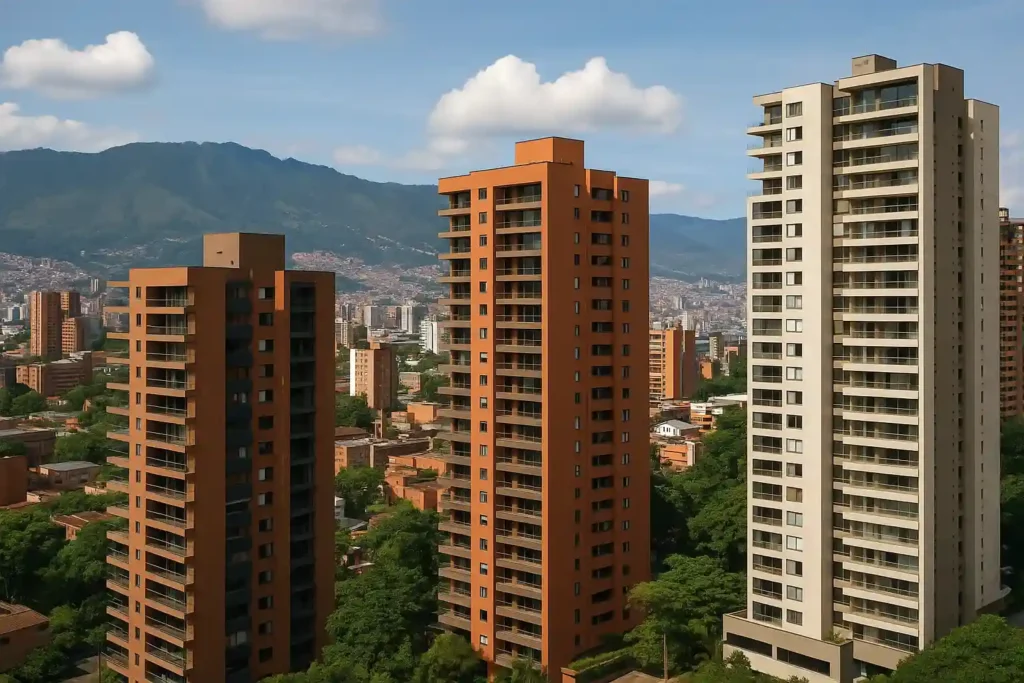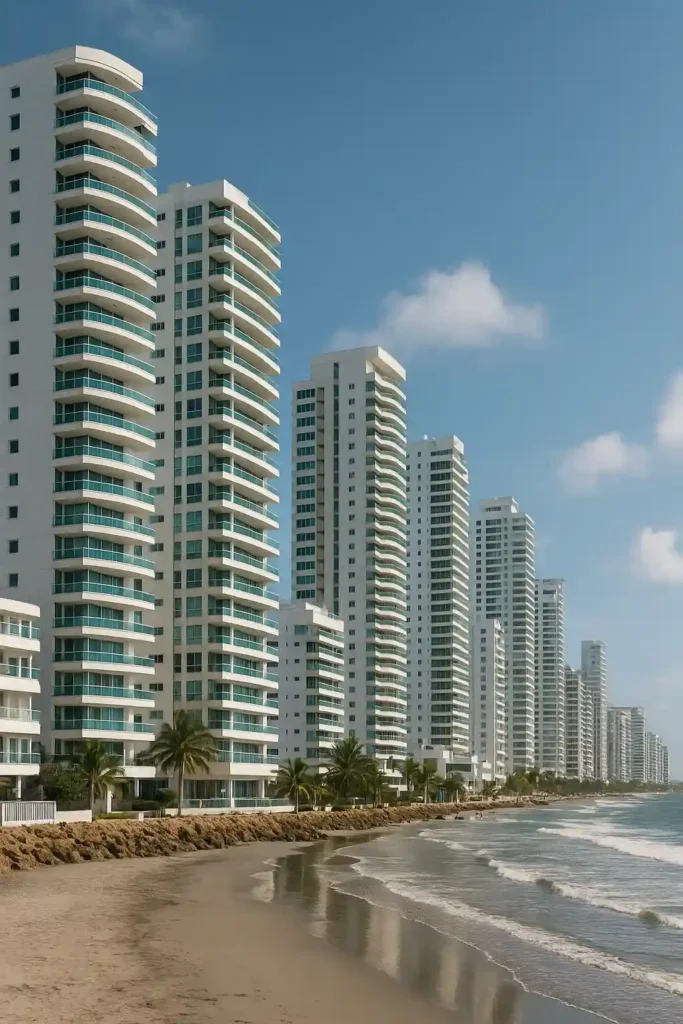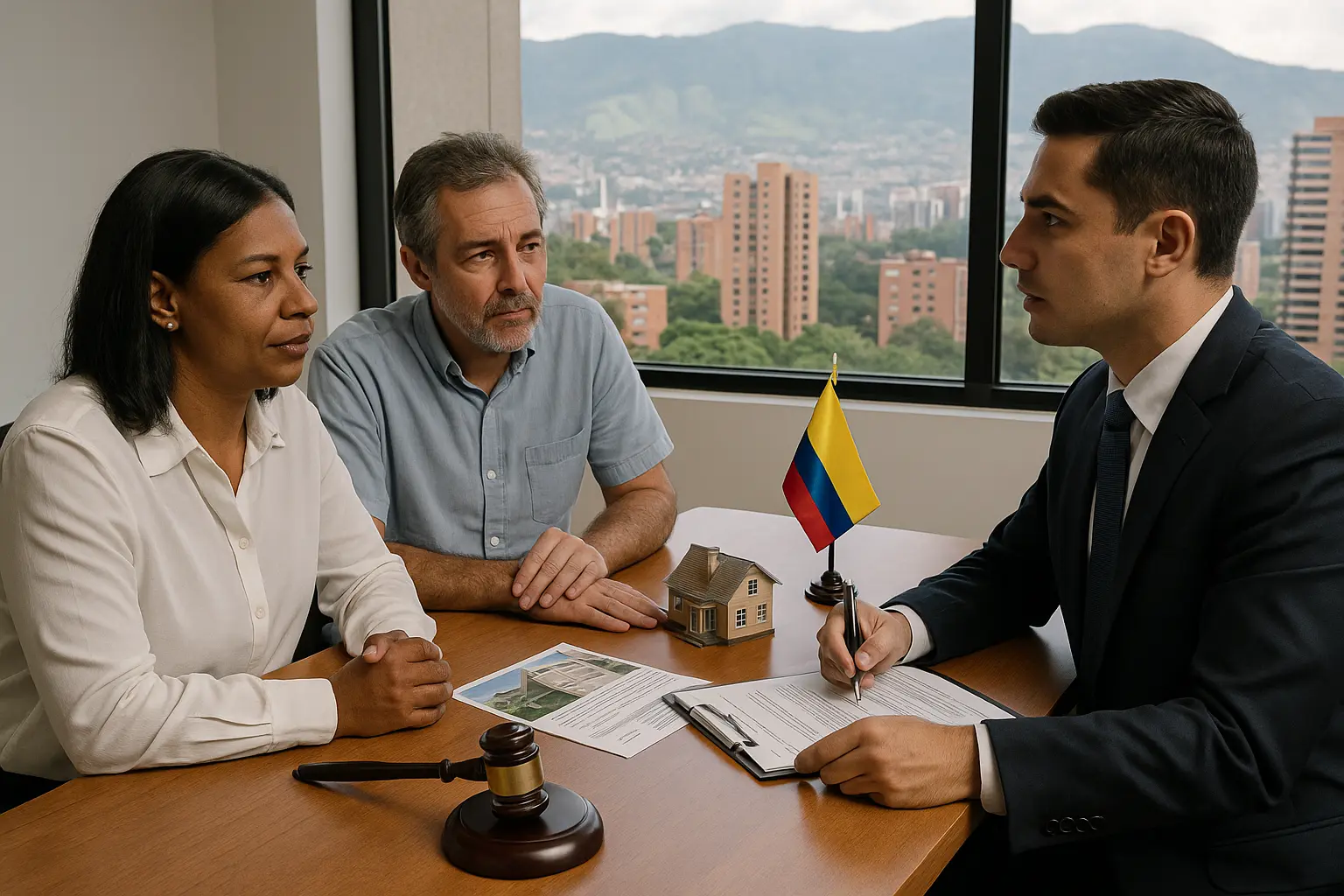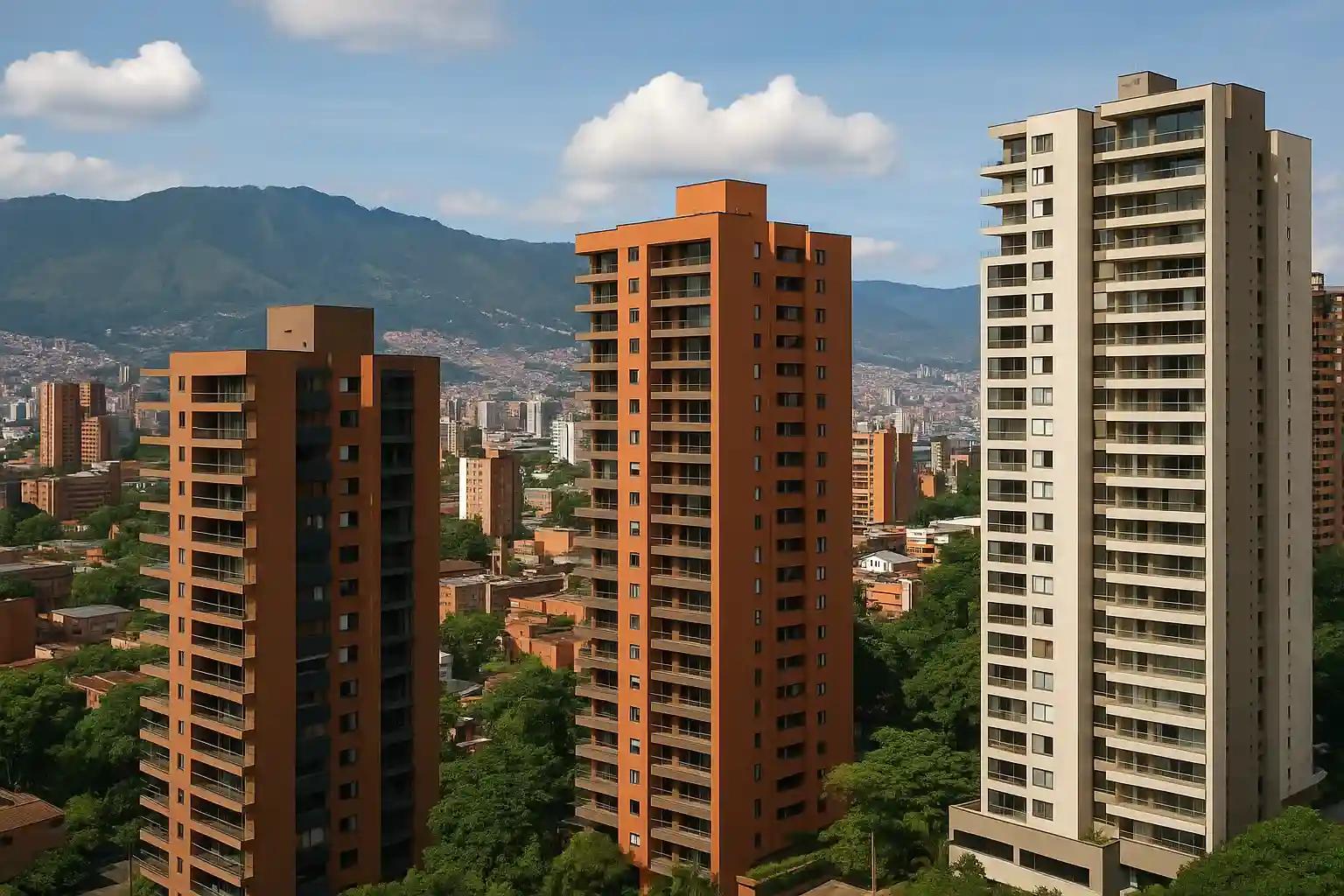For foreigners seeking to do business in Colombia, understanding what is a commercial contract is a important first step. Commercial contracts establish the legal framework for business relationships, ensuring clarity, compliance, and protection for all parties involved.
In this article we provide a detailed overview of what a commercial contract entails in Colombia, explain the various types you may encounter, highlight clauses to consider and identifies common mistakes to avoid.
What Is a Commercial Contract?
A commercial contract is a legally binding agreement between two or more parties engaged in business activities. These contracts define the rights and obligations of each party, outlining how transactions will be carried out and the consequences if commitments are not met. Understanding what is a commercial contract is essential for foreigners doing business in Colombia to ensure clarity and legal protection.
Equally important is grasping what is commercial substance in a contract, which refers to the genuine economic intent and real business effects behind the agreement, beyond just legal language. In Colombia, contracts must demonstrate commercial substance to be enforceable, helping foreign investors avoid invalid or superficial agreements that could jeopardize their ventures.
Clauses to Include in Commercial Contracts
When drafting or reviewing what is a commercial contract, particular attention must be paid to critical clauses that protect your interests and reduce risks:
- Payment Terms: Clearly specify payment amounts, deadlines, accepted methods, and consequences of late payments. Transparent payment clauses help avoid financial disputes and maintain cash flow stability.
- Termination Clauses: These clauses define when and how the contract may be ended before its term. Including specific termination rights—for breach, non-performance, or mutual agreement—can prevent costly legal conflicts.
- Dispute Resolution: Setting out dispute resolution mechanisms such as arbitration, mediation, or court litigation is crucial. This clause should also determine the governing law (Colombian law) and jurisdiction, which is especially important for foreign parties.
- Confidentiality and Non-Compete: For contracts involving sensitive information or competitive business areas, clauses protecting confidentiality and restricting competition safeguard your business assets and trade secrets.
- Force Majeure: Force majeure clauses account for unforeseeable events (natural disasters, pandemics) that may temporarily prevent contract performance, protecting parties from liability during such events.
Types of Commercial Contracts in Colombia
Colombia’s commercial law recognizes multiple types of contracts tailored to different business needs. Here are the most common commercial contracts you will encounter:
1. Sales Contracts
Sales contracts involve the transfer of ownership of goods from the seller to the buyer in exchange for an agreed price. These contracts clarify details such as delivery terms, payment schedules, warranties, and liabilities. For example, a foreign company importing Colombian coffee beans will rely on a sales contract to define obligations and protect both parties.
2. Lease Agreements
Commercial lease agreements govern the rental of properties such as offices, warehouses, or retail stores. Given Colombia’s specific property regulations, these contracts must clearly outline rent amounts, duration, maintenance responsibilities, and termination terms to prevent disputes.
3. Service Contracts
Service contracts define the delivery of services rather than goods. Whether for consulting, IT support, or maintenance, these agreements specify the scope of work, fees, timelines, and performance expectations. A foreign entrepreneur hiring local consultants in Colombia would benefit from a well-structured service contract to ensure clarity and accountability.
4. Other Specialized Contracts
Other contracts include partnership agreements, franchise contracts, distribution agreements, and licensing deals. Each has unique legal characteristics but shares the core requirement of being clear, lawful, and reflecting commercial substance.
Common Mistakes to Avoid in Commercial Contracts
To ensure your contracts fully capture what is commercial substance in a contract, you should avoid these common mistakes:
- Ambiguous Terms: Vague or unclear language can lead to misunderstandings and costly disputes. Precision is key to avoid differing interpretations.
- Relying on Verbal Agreements: Oral promises are difficult to prove and enforce legally. Always formalize agreements in writing to protect your interests.
- Ignoring Local Regulations: Non-compliance with Colombian laws can render contracts invalid or expose you to penalties.
- Overlooking Dispute Resolution Clauses: Failing to include clear conflict resolution methods can prolong disputes and increase costs. Define mechanisms like arbitration or mediation upfront to manage disagreements effectively.
Take the Next Step with Colombia Law Connection!
If you’re ready to understand fully what is a commercial contract and safeguard your business in Colombia, contact Colombia Law Connection. Our seasoned legal team specializes in assisting foreigners with commercial contracts and broader business law matters in Colombia. Let us help you build strong, clear, and enforceable agreements that protect your investments and foster long-term success.

